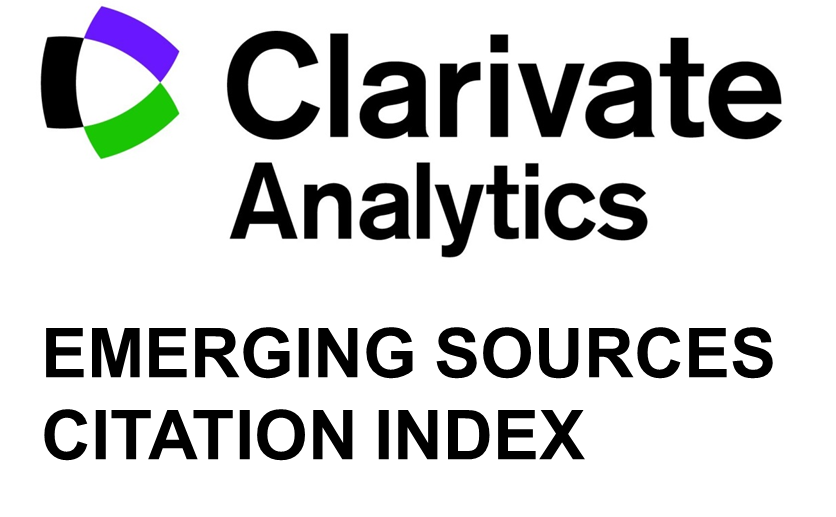Banking service quality perceived by students: implications to green services
DOI:
https://doi.org/10.5937/StraMan2200023DKeywords:
service quality, green banking, environment, reflective-formative constructAbstract
Background: The paper examines banking service quality perceived by students as a basis for determining implications for green services. The focus was on this market segment bearing in mind its potential effects on banks’ long-term profitability and students’ acquaintance with environmental issues. The attention was dedicated to the green banking concept taking into account the role which banks have in creating an eco-friendly society.
Purpose: The aim of the research refers to identifying banking service quality aspects that are important for students. Later, those can be used as a starting point in determining actions regarding green services in the case of the student population.
Study design/methodology/approach: The quality of a bank service was modeled as a hierarchical reflective-formative construct, because of which the SmartPLS software was applied. Five SERVQUAL dimensions (assurance, empathy, reliability, responsiveness, and tangibles) were specified as lower-order reflective constructs which form the higher-order formative construct (banking service quality). After testing the model, separately for reflective and formative constructs, path coefficients were presented.
Finding/conclusions: The results have shown that responsiveness and assurance represent dimensions that have the largest contribution to banking service quality, i.e. the highest path coefficients to higher-order construct. In accordance with those findings, certain implications concerning green services were given.
Limitations/future research: The omission of certain variables that may be related to banking services represents the limitation of this study; hereby, in future researches, some socio-demographic characteristics (such as gender, household income, etc.) could be included in the analysis.
Downloads
Published
Issue
Section
License
Copyright (c) 2022 Nenad Djokic, Nikola Milicevic, Branimir Kalas, Ines Djokic

This work is licensed under a Creative Commons Attribution 4.0 International License.














